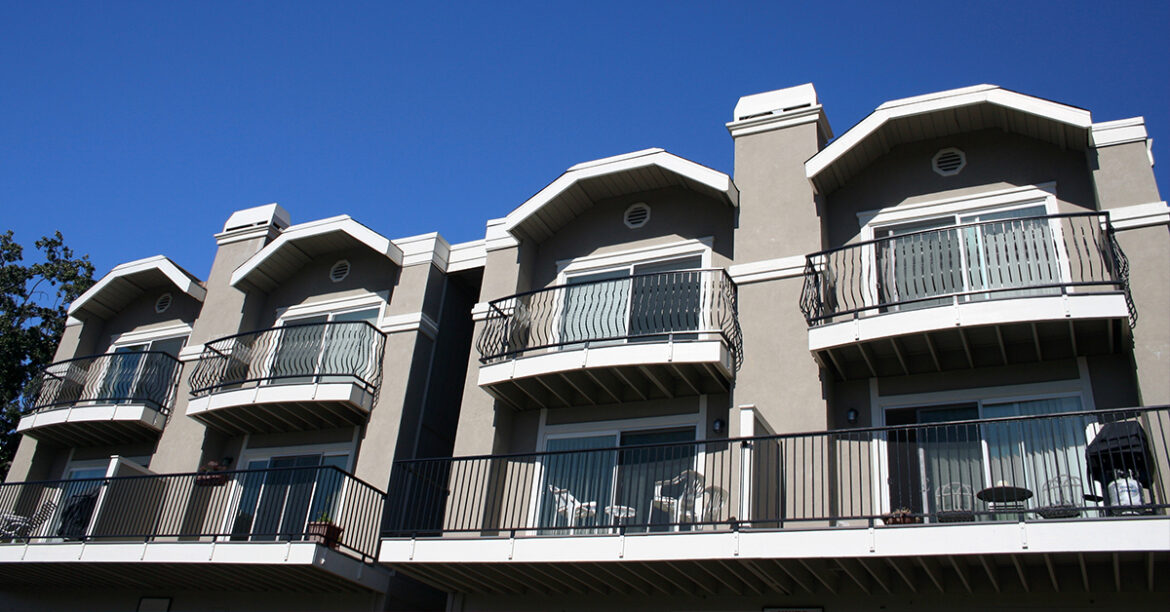
Section 768.0706, Florida Statutes, titled “Multifamily Residential Property Safety and Security; Presumption Against Liability,” was enacted in 2023 and provides a legal framework for the “owner or principal operator” of a multifamily residential property to obtain a presumption against liability for criminal acts committed by third parties on their premises. This presumption is available only when the owner “substantially implements” certain security measures specified in the statute. There was much confusion when the statute was first adopted, with many associations under the false impression that they were required to institute these safety and security measures. Rather, if an association, at its option, substantially complies with the statute, the statute provides a presumption against liability for crimes committed on the premises.
The statute applies to “multifamily residential properties,” defined as residential buildings or groups of buildings, such as apartments, townhouses, or condominiums, with at least five dwelling units on a particular parcel. The term “parcel” requires a distinct parcel identification number assigned by the property appraiser for the county in which the property is located. Some properties, particularly certain condominium associations, may not have a separate parcel identification number, which could exclude them from the statute’s coverage.
To benefit from the presumption against liability, multifamily property owners must substantially implement specific security measures, such as security cameras, lighting, and locking devices. The installation of security measures such as cameras, lights, and gates may be considered material alterations or substantial additions to the condominium property, potentially requiring membership approval. Additionally, implementing measures like door bolts and peepholes may be complicated if these doors are part of the units and not common elements. The statute does not address these concerns, leaving associations without assurance that the statute would apply even if the specified security measures are undertaken.
To obtain the benefits of this statute, there was a January 1, 2025, deadline for obtaining a Crime Prevention Through Environmental Design (“CPTED”) assessment. Once this assessment is obtained, the property must remain in substantial compliance with it. The statute also mandates crime deterrence and safety training for employees, which must be reviewed and updated regularly. The burden of proof lies with the owner or operator to demonstrate substantial compliance, which remains a point of contention as the statute does not clearly define what constitutes substantial compliance, including whether a CPTED assessment obtained after January 1, 2025, would substantially comply. Additionally, the statute does not create a private cause of action, and the state assumes no liability for providing a proposed training curriculum.
To my knowledge, as of this publication, there appears to be no Florida court decisions on this statute since its enactment in 2023. The absence of case law is not surprising given the relatively recent introduction of this statute. Courts typically need time to encounter and rule on cases that implicate new statutory provisions, especially in areas like premises liability where cases may take significant time to proceed through the litigation process.
Given the uncertainties and potential inapplicability of Section 768.0706 to certain condominium associations, it is crucial for associations interested in positioning themselves to obtain the presumption against liability to consult with legal and insurance professionals. The lack of clarity in the statute’s wording as well as the lack of case decisions to provide guidance should cause associations to obtain professional guidance before assuming that they would be entitled to the presumption.

